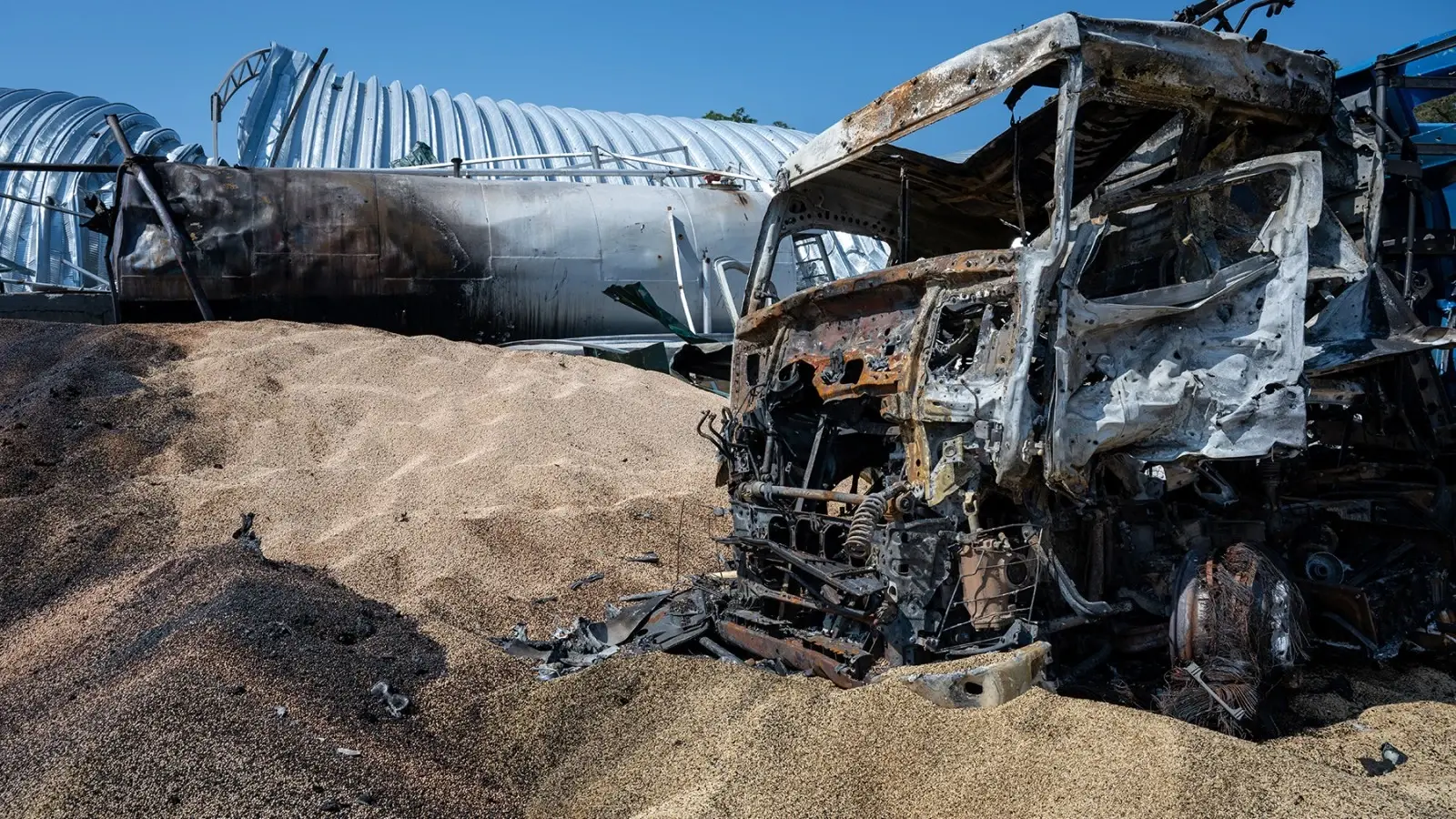"More than 80 percent of food imports in Somalia and East Africa were already coming from Ukraine and Russia even before the war,” Shashwat Saraf, the regional emergency director for East Africa at the International Rescue Committee (IRC) in Nairobi, Kenya. “Over the past year, Somalia, Ethiopia and Kenya are coming out of one of the worst drought periods in years. The dependence on food imports has only increased since the war in Ukraine started.”
🤖 I’m a bot that provides automatic summaries for articles:
Click here to see the summary
Fadumo and people like her – from Sudan, to Yemen, to Afghanistan, to Haiti – are caught in the crossfire of the invasion launched by Russian President Vladimir Putin, their lives endangered by it as surely as any resident of Bakhmut or Zaporizhzhia.
Enter Turkey, which controls access to the Black Sea via the Bosphorus, and whose President Recep Tayyip Erdoğan has shrewdly sought to position his NATO-allied country as the go-to honest broker between Moscow and Kyiv.
By the time Russia pulled out of the deal, approximately 32.8 million tons of food, including corn, wheat and sunflower oil, had been shipped out of Ukraine’s Black Sea ports over one year.
The Israeli, Greek and Turkish-Georgian registered vessels sailed to the Danube port of Izmail, on Ukraine’s border with Romania, with their automatic identification systems announcing their registration and destination.
Using waves of drones and long-range ballistic and cruise missiles to saturate Ukrainian air defenses, the Russian military has destroyed processing plants, grain silos, shipping facilities, and transport nodes.
Adding an extra 1,000 miles of overland transhipment per ton of wheat increases inefficiency and drives up costs, and there’s nothing to stop Russia from targeting the alternative routes where trucks, trains or riverboats load grain in Ukraine.


